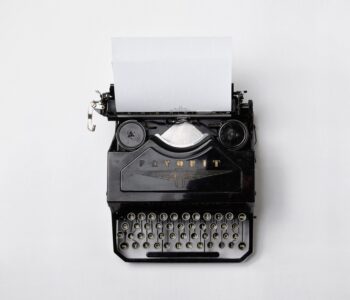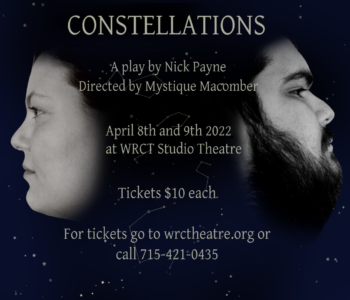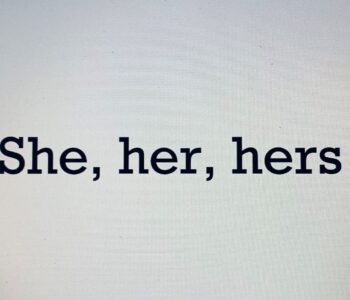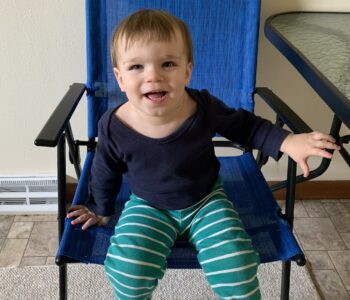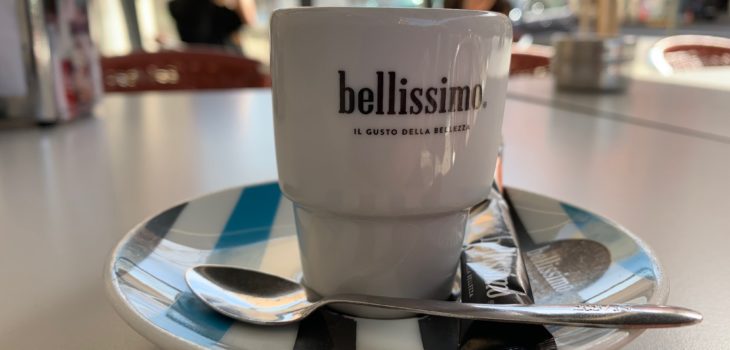
Espresso: Or Why I Love European Coffee
Espresso.
There is nothing like it.
Not the blackest cup of American coffee.
It is at once bitter and acidic. Hot and strong.
So full of flavor, it awakens your taste buds and makes your nose take notice.

You know it’s good when the crema tops it, just so. It’s a visual experience, as well.
I have yet to find a real espresso in the states. Coffee shops might advertise it. These days, they even have an espresso machine.
But it’s not like European coffee. Drunk from a tiny cup. Served on a china saucer with a tiny spoon and sugar packet.
Of course, I never use the sugar. Never have, so I’m not missing it.
Perhaps it also is appealing because you sit and sip. There are no to-go cups. You don’t take it with you. If you are in a rush, you could drink it quickly, but that defeats the purpose.
Espresso isn’t just about the caffeine, it’s about the experience.
You often have an espresso outdoors, sitting at a cafe table. Sun or rain, some people prefer their coffees this way. Of course, the awning helps for both.
The caffeine takes hold. A little boost of energy. The cup empties, time passes.
Yet I just want to sit a while longer, enjoying my first real coffee in years.
It’s good to be back.
Be a Better Writer Tip
As we continue our exploration of interviewing, let’s talk about quotes.
Quotes in journalism are the exact words spoken by a subject. To indicate it’s exactly what was said — and not a paraphrase — we use quote marks — ” ” — around the words we are quoting.
It’s important to get quotes right. You must get exactly what was said — not a close approximation. News reporters get good at recognizing good quotes as they are being spoken. I would hear it, and then focus on writing it down, word for word — quickly, of course. If necessary, you can ask your source to repeat it, although sometimes, he or she will want to change what was said.
Also, sources rarely remember exactly what they said. “Did I really say that?” Yes, yes, you did. It’s important to always get quotes right so you can be confident.
If you record an interview, it’s easier to get exact quotes. Go over it several times to be sure you aren’t missing anything.
You should only put into quote marks exactly what was said. Don’t add or subtract, because that can change the meaning.
The exception is if someone uses “um” or “uh” or some filler.
Sometimes, someone will say something that’s really quotable, but then throw a little filler in the middle: “I wanted to be the best writer, you know what I mean, and then, uh, well, how do I explain it? So, I determined that the best way to do that was to write every day.”
That would be the full direct quote.
Your readers, however, don’t want or need that. Instead, I’d edit it to this: “I wanted to be the best writer,” he said. “So, I determined the best way to do that was to write every day.”
If you are removing an extra word or two, you can use an ellipsis: “… I determined … the best way to do that was to write every day.”
If you have a lot of editing to do in a quote, then it’s probably not the best direct quote. In that case, paraphrase it, attribute it to the source, but don’t use quote marks: To be the best writer, he determined he needed to write every day, he said.
